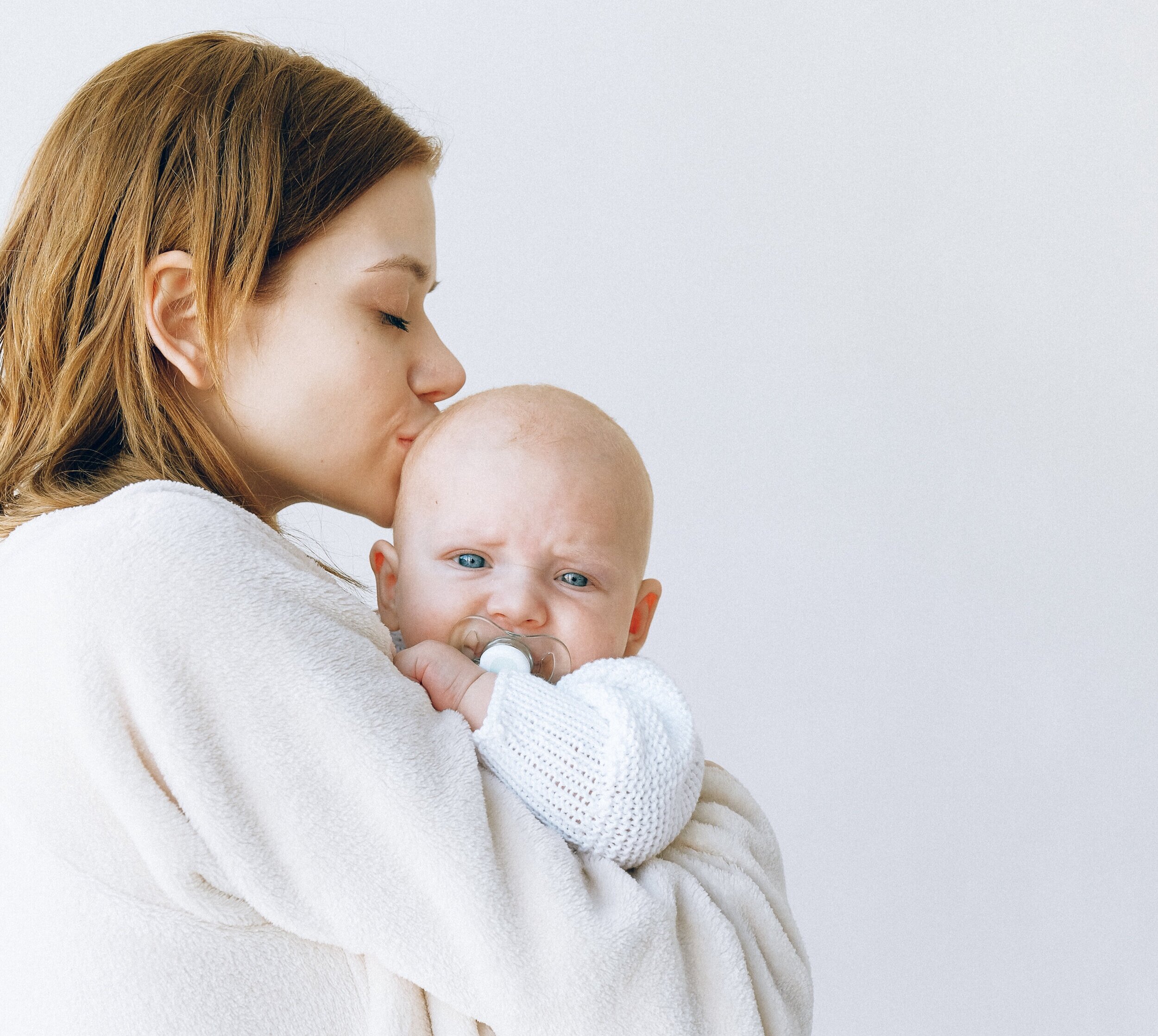Counselling Helps With…
Counselling meets you where you are; this means you can come in any state, with any concern or struggle, and at any time in your process. Below are some reasons for which some people reach out for counselling.
Please note that this list is not comprehensive. Due to the individuality of people, there are endless reasons to seek support because every concern is valid and welcome.

Feeling Lost or Longing for Identity.
Overwhelmed, Stressed & Pressured.
Grief & Loss.
Shame.
Anxiety.
Trauma.
And More…
Life Transitions.
Anger.
Mood & Depression.
Feeling Lost or Longing for Identity.
Have you ever looked at your life, at your self, and wondered, “How did I get here?” or “This doesn’t feel like me…” It is hard to remain connected to ourselves when life is pushing from every direction. Sometimes we have needed to focus on survival and the thought of thriving as our truest self was not an option. This disconnection to self can underly many other symptom patterns.
Counselling can provide a space to be your truest self; seen, supported, understood, encouraged, and accepted. In this context, we have the safety to explore who we are and what we need. The goal is to connect stronger to yourself and eventually accept yourself for who you are and when you are doing your best.
Shame.
Not unrelated to identity, shame feels like a threat to our very existence. It feels personal and makes us question if we are enough. This is a common human experience that we will all face at some points in our lives. We are human, we long for connection, and shame makes us question if we deserve that connection.
Counselling can help us identify shame, differentiate it from things like embarrassment or guilt, and to build shame resilience so that we can label it, accept ourselves, and move forwards. It is important to identify when we are doing our best and see our potential for growth. This helps us accept our humanity and the humanity of others; which helps us all feel accepted and connected.
Life Transitions.
New home, new job, new baby, new relationship, new school program, graduation… The list goes on. Exciting things that feel sooooo overwhelming. Often, we do not give ourselves the grace and allowance to feel stressed in seemingly positive situations. It is okay to feel that way; transitions are stressful wether they are hoped for or unwanted.
Counselling can provide support when the transition feels too full of responsibilities, stress, and change. Connecting to yourself and what you really want and need is important at this time. Counsellors can provide tools, a listening ear, and a place where all emotions and reactions are accepted.
Overwhelmed, Stressed, & Pressured.
Feeling overwhelmed, stressed, or pressured can be incapacitating. When there are things coming at us from all directions it can be paralyzing and difficult to know where to begin. Sometimes this effects our basic needs like sleep, eating, and relationships. Counselling can provide a place to release some of that pressure and the supports and structures to help you take steps to feeling stable and healthy again.
Anxiety.
Anxiety can cause the feeling that we are not okay, safe, or able to exist in peace. Sometimes it is a low-key discomfort and hyperawareness, while at others, it becomes panic attacks. The causes are diverse but some find that it feels random while other people’s experiences started after a frightening situation. This can become very tiring and isolating as we feel forced to avoid certain situations and constantly manage our rightened nervous systems. Counselling can provide support, understanding, acceptance, and tools to help you connect with your nervous system and emotions in a way that helps anxiety become one of many manageable emotions, instead of one that takes over. Once this type of emotional relationship is established, anxiety becomes just an equal asset to any of our other five senses and we are able feel a sense of safety and tend to our needs.
Anger.
Anger often feels like an overwhelming emotion and it can be hard to know how to respond. Anger is a sign that we need to be heard or to express boundaries but few know how to communicate that in a way that lets them connect that while protecting relationships and themselves. Because of this, many simply react to the feeling in ways that hurt them and those around them; all the while, making them feel more separated and unheard. Counselling can be an accepting place to explore personal insight and gain tools for expressing anger in ways that are productive, safe, and that create connection.
Grief & Loss.
Grief and loss can make us feel like the world stopped turning. It can make us question if we will ever be okay again. Loss is disorientating as we say goodbye to people and situations that grounded us, gave us a sense of future, or helped us feel heard and seen. Saying goodbye to a loved one is always difficult and can shake our very identity. Some grief is complex because it is combined with broken relationships or pain with the person we lost. This type of grief often leaves us wondering if we are allowed to be sad and simultaneously feeling overcome with deep loss. It is okay and normal to feel both anger/hurt and sadness/loss.
Other loss is connected to romantic relationships or divorce, friendships, careers, jobs, pets opportunities, and more. All of these losses can be painful and leave us in need of support. Counselling provides a place to be heard, to process the pain, and to find your way through. Sometimes it will be through processing memories, going over unsaid words, or just having a safe place to feel the pain. Grief is a process and you can trust that one day it will be easier.
Trauma.
Trauma can leave us feeling unsafe in our day to day life; fearing of going out, panic of flashbacks, a distrust in others, questioning ourselves, and more. Trauma can be caused by more experiences than most know. Prominent author and doctor, Gabor Mate, writes that “Trauma is what happens inside of you as a result of traumatic events. It is a loss of connection to oneself and to the present moment.” This can be caused by physically or life threatening situations as well as experiences of loss, rejection, humiliation, and disconnection from others. Counselling provides a place of acceptance where there is enough support and safety to begin connecting to yourself and your emotions again. Someone else is there to help process them and support you on your way to feeling more free and safer again.
Mood & Depression.
Sometimes we find ourselves spiralling into the depths of despair and hopelessness or fluctuating between times of feeling elated and low. Low mood can feel like a burden; making previously simple tasks extremely exhausting or undoable altogether. Counselling can provide a space to take some of that load off as the counsellor helps carry the burden. A counsellor can also help you reach out to other appropriate resources and care while working with you to put in a plan for recovery.








